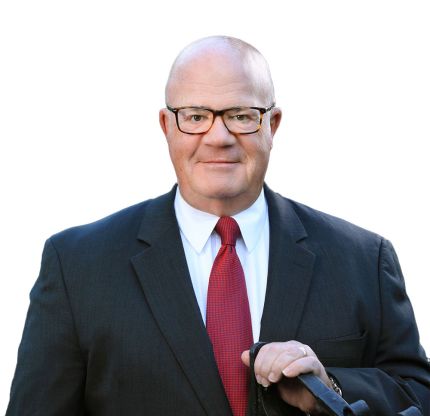
Is this REALLY a Hill Worth Dying on?
I think I can make a very strong case that funeral service as a profession makes a vital social contribution to society. For me that makes it a noble profession. Unfortunately, the profession doesn’t act with nobility as often as so many of us would wish.
Not long ago I spoke of Alpha Dogs and observed that one way to recognize them is their obsession with fighting lost wars. In a very recent Wall Street Journal article was this headline
A Casket Cartel and the Louisiana Way of Death
We have enough strings to push up hill without this kind of publicity:
“It didn’t take a divine revelation to recognize that funeral directors were using the law, the government licensing entity they controlled, and their political clout to monopolize the lucrative casket market…In ruling for the monks this week, however, the Fifth Circuit held that the Constitution prohibits laws that amount to “naked transfers of wealth” to industry cartels.” Quoted from the article
This has to fall in the category of “what are you thinking?” Can’t you come up with something less politically popular to fight about?
Of course, as with Pennsylvania, we should expect this to go all the way to the Supreme Court.
Thank you guys for making it harder for the rest of us to earn respect.
Our Blogging Expert

Business Consultant / Owner
Popular Articles
